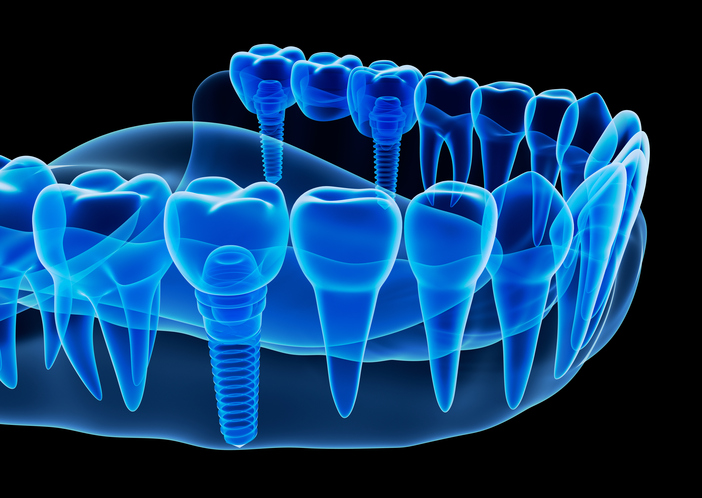
Dental implants are the most preferred option for people who have missing teeth. Generally, these options are well-tolerated by your body and have a great success rate. However, in some circumstances, dental implant failure can occur. Some of the contributing reasons include:
BACTERIAL INFECTION
Due to bacterial infection, your body’s immune response responds and tries to fight the disease. The physiological process can lead to your body’s immune system attacking your implant, leading to rejection. The rejection can either be early or late. Early rejection occurs in the first three or four months before your jaw has healed completely. Late rejection occurs after your jawbone has completely healed.
POOR BONE QUALITY
For a dental implant to succeed, you must have adequate bone mass and volume. It may not anchor appropriately if you don’t have enough healthy bone to support the dental tool.
MEDICAL CONDITIONS
Some medical conditions, such as uncontrolled diabetes or autoimmune disorders, may affect your body’s healing ability. It also affects the integration process of the implant to your jawbone.
POOR ORAL HYGIENE
Inadequate oral hygiene predisposes you to common oral issues such as gum disease. This disease eats away at your healthy tissues and leads to your implant failure. Advanced periodontal disease will eat away the jawbone and other surrounding structures.
JAW MISALIGNMENT
If your jaw is improperly aligned, it will lead to excessive force on the placed implant. This increases the risk of failure. Before placement of an implant, a dentist will also manage any present jaw misalignment. Also, if you have bad oral habits, such as clenching your jaw at night, consider wearing mouthguards to avoid applying too much pressure on your implants.
Implant failure can occur for several reasons, such as infections, medical conditions, poor oral hygiene, or jaw misalignment. Ensuring you follow post-operative care instructions is the best way to ensure you increase the success rate of the implants.


